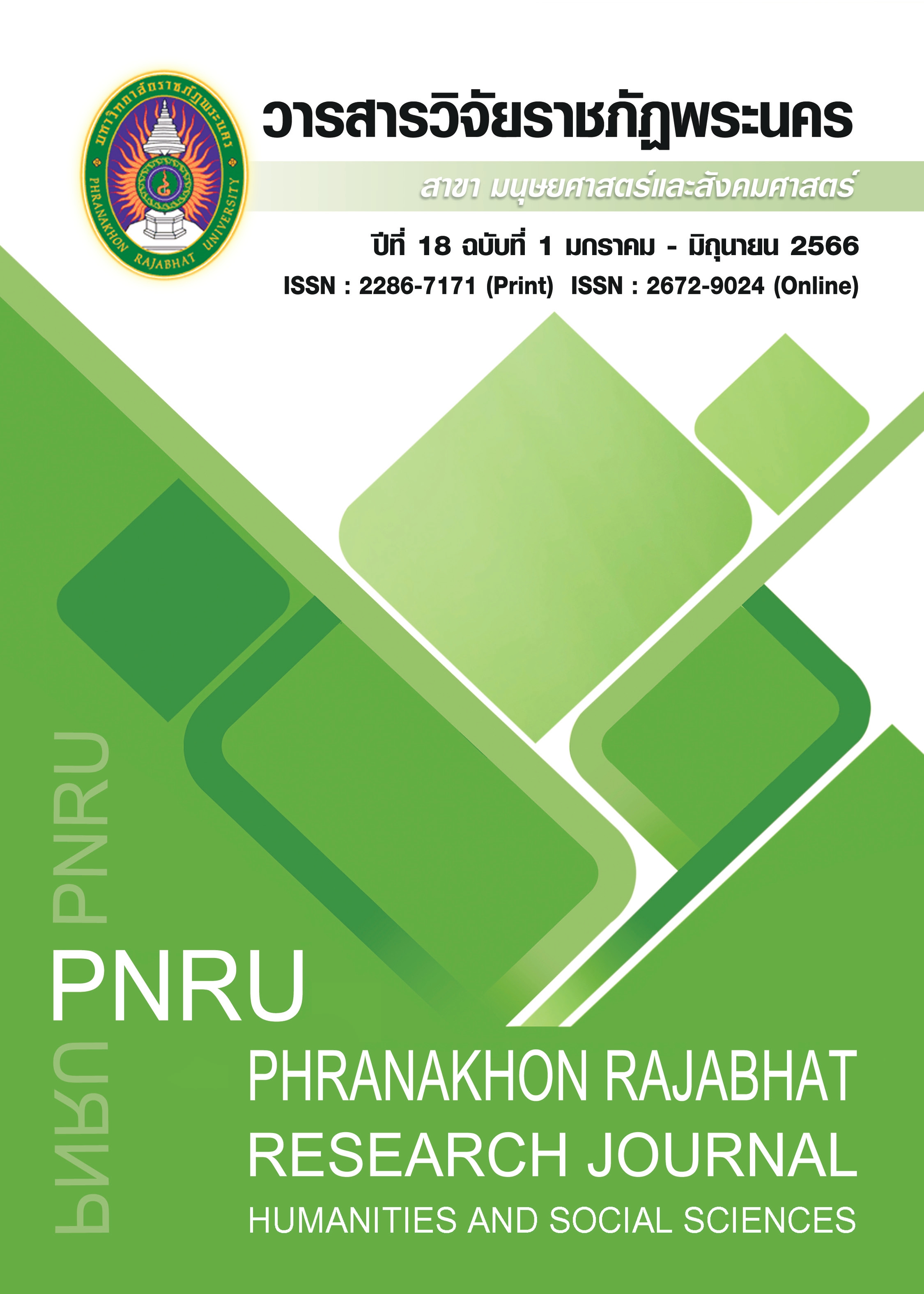AN ANALYSIS OF FEMINISM AND CLASS INEQUALITY: A CASE STUDY OF KATNISS EVERDEEN IN THE HUNGER GAMES
Main Article Content
Abstract
The present study aims to investigate the feminist representation of Katniss Everdeen. The development of Katniss’ feminist characteristics from the beginning to the end of the movie and class inequality in the novel. For this reason, The Hunger Games was used as the main data source for yielding research findings. The study is viewed under Marxist feminism. This study is qualitative research. Close reading techniques were employed to extract related quotes. The critical lens of literary works was used as the analysis tool in the present study. The findings revealed that Marxist feminism confirmed that Katniss must survive because she is the only leader of her family after her father’s death. Katniss is the protagonist and narrator of the novel. She is a strong, practical sixteen-year-old girl who is far more mature than her real age. Her character does not change from the beginning, but after meeting Peeta, she develops her love for Peeta. There are differences between the rich and the poor in terms of class inequality. Rich people have a better life than the poor. The fight against class inequality in the novel showed that there is a powerful character in Katniss who has a strong desire to change the nation. She takes down the Capitol and destroys the dictatorship. Finally, real democracy has arrived. Class inequality was destroyed. People live happily in this nation.
Article Details

This work is licensed under a Creative Commons Attribution-NonCommercial-NoDerivatives 4.0 International License.
Each publish articles were copyright by Phranakorn Rajabhat University
Any contents which appeared in each articles in the journal were authors personal opinion. It did not relate to Phranakorn Rajabhat University and other instructors in the university. Each authors would take responsibility on their articles. If there are any mistake, the authors will take responsibility themselves
References
Anwar, A. (2012). Teori Sosial Sastra. Yogyakarta: Penerbit Ombak.
Cambridge Dictionary. (2023). Capitalism. https://dictionary.cambridge.org/dictionary/english/capitalism?q=capitalism+
Collins, S. (2008). The Hunger Games. New York: Scholastic.
Collins, S. (2009). Catching Fire. New York: Scholastic.
Collins, S. (2010). Mockingjay. New York: Scholastic.
Fortuna, D. (2019). Representation of social inequality in Suzanne Collins’ The Hunger Games. Graduate Thesis. English Department, Faculty of Culture and Humanities, State Islamic University of Sunan Gunung Djati Bandung.
Gay, R. (2012). Bad Feminist. Virginia Quarterly Review, 88(4), 88-95.
Goldman, J. & Howard, B. (2021). Reviews of The Hunger Games. Retrieved from https://www.rottentomatoes.com/m/the_hunger_games [2023, 6 Jan.]
Hoberman, J. (2019). Reviews of The Hunger Games. Retrieved from https://www.rottentomatoes.com/m/the_hunger_games [2023, 9 Jan.]
Leong, K. (n.d.). Book review – The Hunger Games. http://202.175.82.54/talking/43/p47.pdf
Loobeek, K. (2014). A feminist analysis of the film “The Hunger Games”. Concordia Jour of Communication Research, 1, Article 3. DOI: 10.54416/GJGS4165
Marx, K., & Engels, F. (1848). The communist manifesto. Selected works by Karl Marx and Frederick Engels. New York: International Publishers.
Permatasari, H. P. (2015). Social class and poverty in American society in the 2000’s era as seen in Suzanne Collins’s The Hunger Games novel. Lexicon, 4(2), 129-137.
Scott, J. C. (1990). Domination and the Arts of Resistance: Hidden Transcripts. New Haven and London: Yale University Press.
“The Hunger Games.” In Wikipedia. Retrieved from http://en.wikipedia.org/wiki/The_hunger_games [2022, 7 Aug.]
The Hunger Games: Catching Fire. (2013). Retrieved from https://en.wikipedia.org/wiki/The_Hunger_Games:_Catching_Fire [2023, 10 Jan.]
Wikipedia. (2022). The Hunger Games. Retrieved from https://en.wikipedia.org/wiki/The_Hunger_Games [2023, 6 Jan.]


